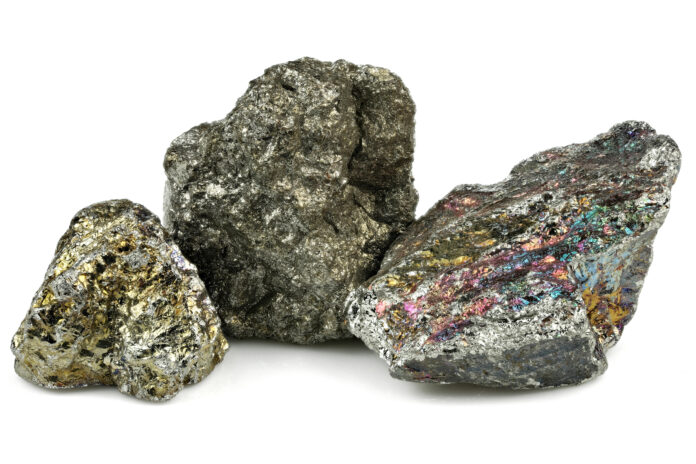Battery Streak Inc. is working to make batteries charge faster, last longer and run safer.
The Camarillo-based company was started in 2017 based on research and technology that was developed at UCLA where David Grant, Battery Streak’s chief executive and president, is the entrepreneur in residence.
Battery Streak’s lithium-ion batteries are different from traditional ones in that they use nanostructured titanium niobium oxide as the anode. Conventional batteries usually have a graphite anode.
The company said its tests indicate that these batteries can retain 80% of their capacity, or power, after 3,000 battery cycles: other lithium-ion batteries drop to 80% capacity after only 1,000 cycles. The elemental properties of niobium, and the way energy is stored as a surface charge rather than a chemical bond, allows these batteries to charge faster at body temperatures.
It said its batteries have potential applications in technology such as medical devices, smartphones and electric vehicles. Battery Streak has optimized its manufacturing and development processes over time which Dan Alpern, Battery Streak’s vice president of marketing, said has led to 66% reduction of production costs in the last year.
“When you look at a cost-per-charge cycle, our material lasts three times longer than a normal lithium-ion battery,” Alpern said. “So while there may be a higher upfront cost … when they can absorb that cost over a longer charge cycle, then it starts to make more sense.”
Battery Streak is currently working with the Department of Defense and was recently accepted into this year’s Advanced Naval Technology Exercise Coast Trident program. Alpern, who is a veteran of the Navy himself, explained that the one reason defense-based organizations are interested in its batteries is because it allows them to put a safer, more effective battery on the back of the Army’s soldiers or in the electrical systems of the Navy’s planes.
“Being able to have something that acts like a capacitor that could release a high amount of energy very quickly, without generating heat, reduces the need for what we call a thermal management harness, or basically a radiator for the battery,” Alpern said.
The company recently signed a contract with what he said was one of the largest defense manufacturers in the U.S., but is unable to disclose the name of the company or any financial details of the deal at this time.
Battery Streak is also signing contracts in Taiwan and Germany, whose markets are interested in the batteries’ capacity to charge transportation grids and EVs, respectively.
Alpern said it is the only company with the exclusive license to work with this nanostructured niobium. It has filed a patent and is going into a phase two Small Business Innovation Research program, for a nickel- and cobalt-free cathode. Battery Streak’s primary operational goal is to develop the batteries’ technology and license its use out to companies, but it’s starting to lean more into the manufacturing side of battery materials.
“I think splitting the difference is a better way to look at it, we’re (going to) go kicking and screaming down the battery manufacturer path,” Alpern said. “Only because that’s not our expertise and, more importantly, because of the demands that EVs have created in the battery space, there’s a very shallow talent pool available.”
